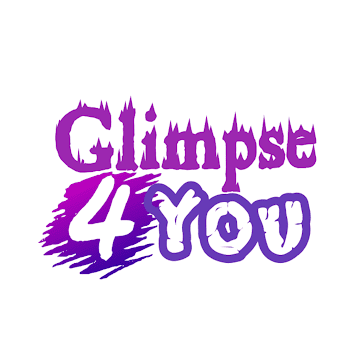What is Down syndrome?
Down Syndrome is defined as a genetic or chromosomal disorder in which the person has an extra chromosome or a defect in the chromosomes of the cell, and Down syndrome negatively affects the mental and physical development of the child.
Down syndrome is accompanied by a set of symptoms and health problems, including permanent impairment of mental ability, accompanied by distinctive physical manifestations, and the severity of Down's cases range from mild to moderate and severe.
It is considered the most common genetic cause of a child's learning difficulties, and it accounts for 11% of intellectual disability cases. This condition was formerly known as Mongolian.
Down syndrome types
The chromosomal changes in Down syndrome are represented in three different forms, and this results in the presence of 3 forms of Down syndrome, and the symptoms and degrees of the Mongolian person may vary depending on the type. The following are the types of Down syndrome:
Trisomy 21 (triple syndrome), Mosaic, Chromosomal translocation (translocation)
Trisomy 21 (triple syndrome)
In the case of trisomy 21 or nondisjunction, all cells of the body contain three copies instead of two copies (pair) of chromosome 21, and the sum of chromosomes in each cell becomes 47 chromosomes instead of 46.
Down syndrome of this type is caused by the non-separation of the 21st chromosome pair in the egg or sperm. It may happen for an unknown reason. This type represents 90-95% of Down syndrome types, and it is the most common type of Down syndrome caused by the advanced age of a pregnant woman.
Mosaic
In Mosaicism, some cells contain three copies of chromosome 21, while the remaining cells are normal; That is, the body contains normal cells containing 46 chromosomes and others with trisomy containing 47 chromosomes, for example, a group of blood cells may contain normal chromosomes, while other cells, such as skin cells, may contain trisomy 21.
This type represents 1-2% of the types of Down syndrome, and the defect occurs in the affected cells in the mosaic after the process of pollination or fertilization, and it is a non-hereditary type that is not transmitted from parents.
Mosaic Down syndrome is considered the mildest type of Down syndrome, due to the presence of a high percentage of normal cells in the person affected. Therefore, Down patients with mosaic type are characterized by higher mental and cognitive abilities compared to other types.
Chromosomal translocation (translocation)
Translocation is known as isthmic Down syndrome, in which part of chromosome 21 moves to attach or fuse with one of the other chromosomes. Adhesion often occurs between chromosome 21 and chromosome 14 or 15, and thus the total chromosomes in one cell remain 46 chromosomes, but part of chromosome 21 is fused with another chromosome.
This type represents 3-4% of Down syndrome types, and it is the only type that does not depend on the age of the parents during pregnancy and can be passed genetically from one of them regardless of age.
Is Down syndrome hereditary?
Most cases of Down syndrome are not hereditary, as Down syndrome or trisomy 21 and mosaic Down syndrome are not passed on genetically. Rather, it occurs as a result of a defect in the division of chromosomes during the development of the sperm, egg, or embryo (embryo) for an unknown reason.
As for Down syndrome, of the type of chromosomal translocation (Down Syndrome is transmissible), it can be transmitted genetically, and it can also be transmitted from an unaffected parent but a carrier of the so-called balanced transmission, which is a state of rearrangement of genetic material between chromosome 21 and another chromosome, and no symptoms or signs appear.
In parents with this type of disorder, when this balanced transmission is passed from one generation to the next, it may become unbalanced and result in the clinical picture of ischemic Down syndrome.



Comments
Post a Comment